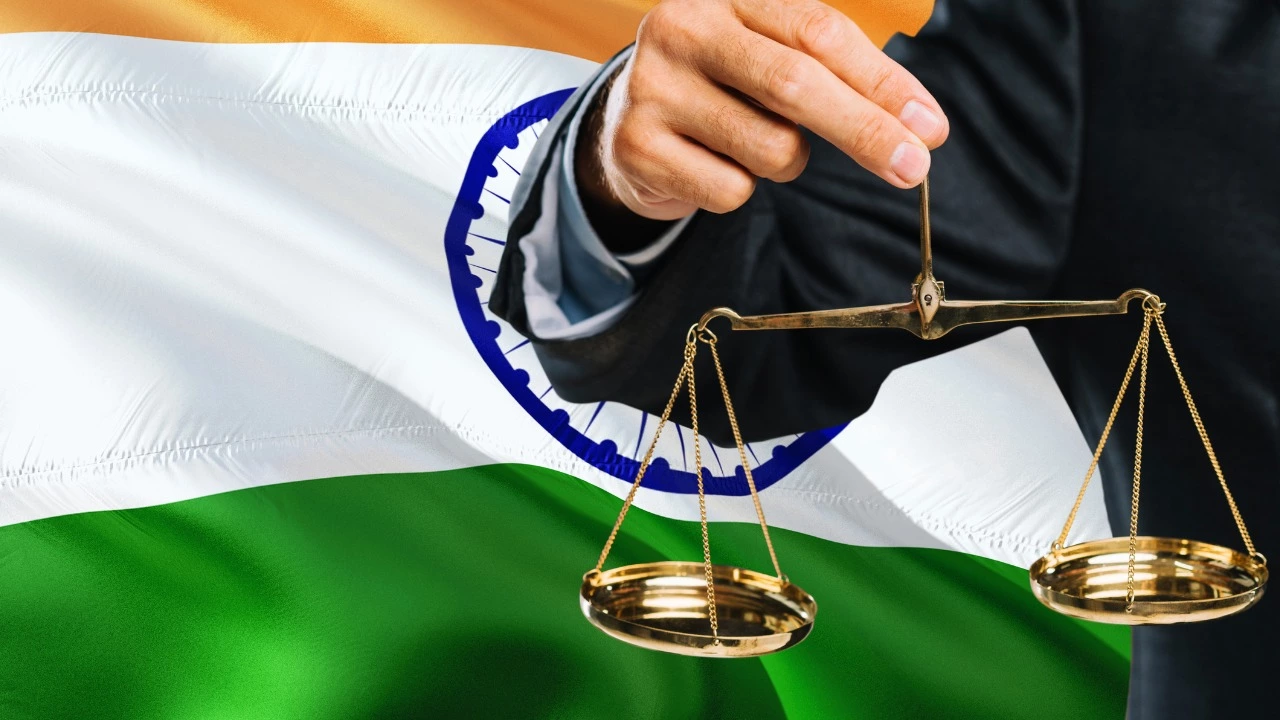Legal Procedure: Your Quick Guide to Recent Court Actions
Trying to make sense of what’s happening in the courts? You’re not alone. Every day a new bail order, a fresh Supreme Court judgment, or a procedural twist can change lives. This page pulls together the most talked‑about legal moves so you can get the facts without the legal jargon.
Recent High‑Profile Bail Decisions
One headline that sparked countless debates was the Delhi High Court’s bail denial for Umar Khalid, Sharjeel Imam and eight others linked to the 2020 riots. The judges called the violence premeditated and said rushing a trial would hurt both sides. That decision didn’t just keep the accused in jail; it raised the bar for how bail under the UAPA is handled.
Why does this matter to you? If you or someone you know faces serious charges, bail isn’t a given. Courts look at the severity of the alleged crime, the risk of fleeing, and whether a quick trial could prejudice the case. The Delhi ruling reminded lawyers to prepare solid evidence and show why a speedy release won’t jeopardize the process.
Another case that grabbed attention involved a proposed handshake snub during the Asia Cup 2025. While it sounds like a sports drama, the fallout led to a formal complaint and a review of sport‑related disciplinary procedures. It shows that even non‑political events can trigger legal reviews when they touch on national pride or public order.
Understanding Supreme Court Authority
Is the Supreme Court the most powerful judicial body on Earth? Many say yes, and there’s a good reason. It holds the final say on the constitutionality of laws, meaning any rule that clashes with the basic charter can be struck down.
What gives it that power? Judicial review. When a lower court’s decision is appealed, the Supreme Court can either uphold or overturn it, shaping policies for millions. For instance, recent rulings on digital privacy set new standards for how companies handle personal data in India.
But the Court isn’t unchecked. Its decisions can be influenced by broader checks and balances, like parliamentary amendments or executive actions, though only within the constitutional framework. Understanding this balance helps you see why a single judgment can ripple through education, business, and everyday life.
So, whether you’re following a high‑profile bail case or a Supreme Court ruling on civil rights, the core idea stays the same: legal procedure is the engine that drives fairness. Keep an eye on these updates, because they often signal bigger changes that affect us all.
Can I file a case directly in the Supreme Court of India?
Alright folks, let's dive into the hot topic of whether you can directly file a case in the Supreme Court of India, shall we? Now, I bet some of you are thinking, "surely I can just waltz right in there and drop my case, right?" Well, hold your horses! Generally, cases need to go through the lower courts before making their grand entrance at the Supreme Court. There are a few exceptions, though. So, while you can't exactly storm the Supreme Court with your case right off the bat, there might be a tiny window of opportunity to do so. Just like trying to sneak the last piece of cake when everyone's not looking!
